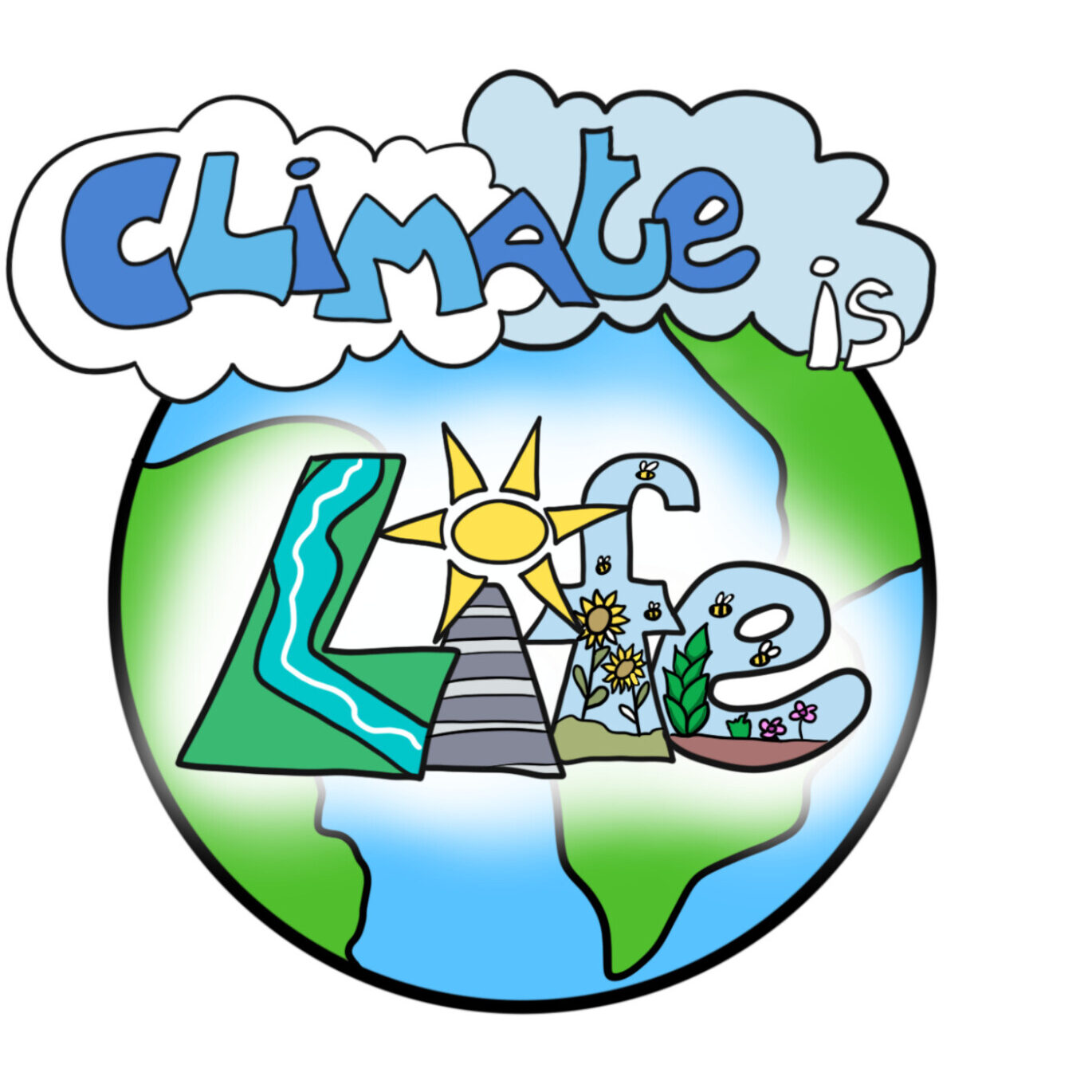Should Earth Day only be celebrated in April?


Earth day is celebrated annually on April 22 in support of environmental protection. Since 1970, it marks the commencement of events coordinated around the world by Earthday.org which reach approximately 1 billion people in over 193 countries.
This year’s theme personally addresses my environmental gripe: “Planet vs. Plastics”.
As the reality of microplastics dawn upon our generation, identifying the harms of inconceivably large amounts of plastics leaching into our natural resources is more critical now than ever.
To illustrate the magnitude of a bleak legacy, the only trace humans will leave behind them after a hypothetical extinction would be a layer of plastics (alongside nuclear waste).
I recall that in 2022, The Guardian announced that microplastics were found in human blood for the first time. Fast forward to 2024, and they announced that microplastics were found in every human placenta studied.
Consequences on the blood-brain barrier can be catastrophic. We are sorely mistaken to think that what is out of sight is in fact out of mind. Investigating what’s in our clothes, personal care products, food and water is just the beginning.
Earth day shouldn’t be a single day initiative once every three hundred sixty-five days – we use & abuse the earth every day.
Between corporate greenwashing, living under capitalism & confronting feelings of hopelessness amidst the ongoing state of affairs concerning our home planet, I believe that Earth Day needs to expand beyond a single day incentive.
A level of apathy has casted a shadow over living “green”, but I argue that you should live to be the change you want to see.
The ethics we take away from Earth Day should be implemented as part of our daily habits, incorporating intentionally earth-conscious practices in our everyday lives allows us to elevate our standard of living, especially when accomplished on a large-scale.
Understanding our impact on both a micro & macro scale helps us identify factors in our life that we can reevaluate in an effort to promote a fulfilling relationship between us as humans and nature.
We grow increasingly alienated from our roots – from kids with our fingers fearlessly embedded in the dirt to adults that spend our time sedentary in front of screens.
It’s only in recent history that we have fundamentally shifted away from growing with nature to resisting it.
We put ourselves on a pedestal above natural elements that dictate our existence and we consume without recognizing our downstream effect.
The concept of small actions causing non-linear impact on intricate systems emphasizes that we are merely the result of our total conscious effort to responsibly share the one resource we collectively depend on to survive.
Earth day represents more than just one day to choose to recycle properly or clean up our local park.
It represents the circle of life and celebrates hope for regeneration and healing – something humanity can collectively strive towards.


